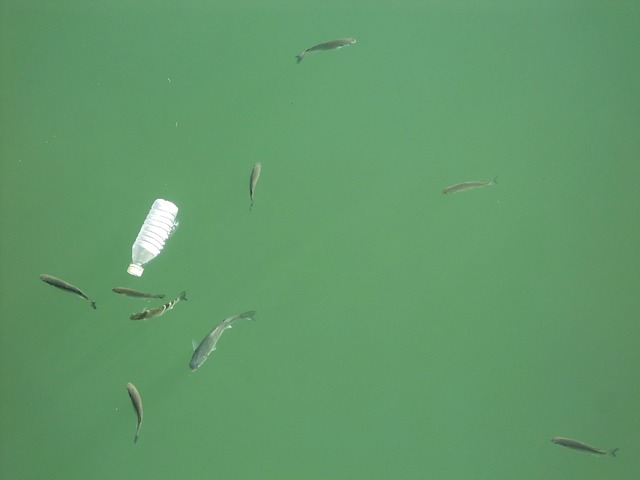The world we live in is facing unprecedented challenges as extreme weather events become more frequent and intense, illustrating the harsh reality of climate change. From devastating hurricanes and raging wildfires to unprecedented droughts and severe floods, the impact of these phenomena can be felt across every corner of the globe. In such a tumultuous time, the role of education becomes more crucial than ever. It serves as a beacon of hope, providing not just knowledge, but also the tools necessary to navigate these daunting challenges.
Education encompasses more than just facts and figures; it shapes our understanding of the environment and equips us with the knowledge required to combat climate change. By understanding the science behind climate change, we can better prepare for and respond to extreme weather events. Education helps individuals and communities recognize the signs of climate change and empowers them to take proactive measures in reducing their carbon footprints.
Moreover, education fosters critical thinking and encourages innovation. Young minds are the future, and when educated about the dangers of climate change, they become passionate advocates for change. Schools and universities play a pivotal role in this by incorporating climate science into their curricula, enabling students to explore sustainable practices and propose solutions for a greener future.
Environmental education can inspire collective action. When people understand the interconnectedness of their actions and the health of our planet, they are more likely to engage in local and global initiatives aimed at mitigating the effects of climate change. This collective resilience is essential in responding to the challenges posed by extreme weather events. Communities can come together to create disaster preparedness plans, advocate for climate-friendly policies, and participate in restoration projects that not only enhance local environments but also build community ties.
Additionally, organizations dedicated to educating the public about climate change conditions, such as workshops, seminars, and online courses, can further enhance community engagement. By providing clear, actionable information, these entities help demystify the complexities of climate science and empower individuals with the knowledge needed to enact change in their personal lives and in their communities.
Through education, we can cultivate an understanding of how our lifestyles impact the environment. This awareness can drive individuals to adopt more sustainable practices, like choosing renewable energy sources, reducing waste, and engaging in conservation efforts. Educated people are more likely to vote for policies that protect the environment, thereby influencing crucial decisions at local, national, and global levels.
We are living in a time where education is not just a privilege but a necessity. It serves as our most powerful tool against the fear that extreme weather events can instill. By arming ourselves and future generations with knowledge, we can face the challenges of climate change head-on. We can transform fear into action and pave the way for a sustainable future.
As we stand on the cusp of confronting climate change, the core message is clear: education empowers us to take charge of our environmental destiny. It enlightens us about the importance of protecting our planet and ourselves in the face of extreme weather. Let us advocate for policy changes that prioritize educational initiatives around climate change, ensuring that every individual has the opportunity to learn, grow, and contribute to a more stable and sustainable world.




